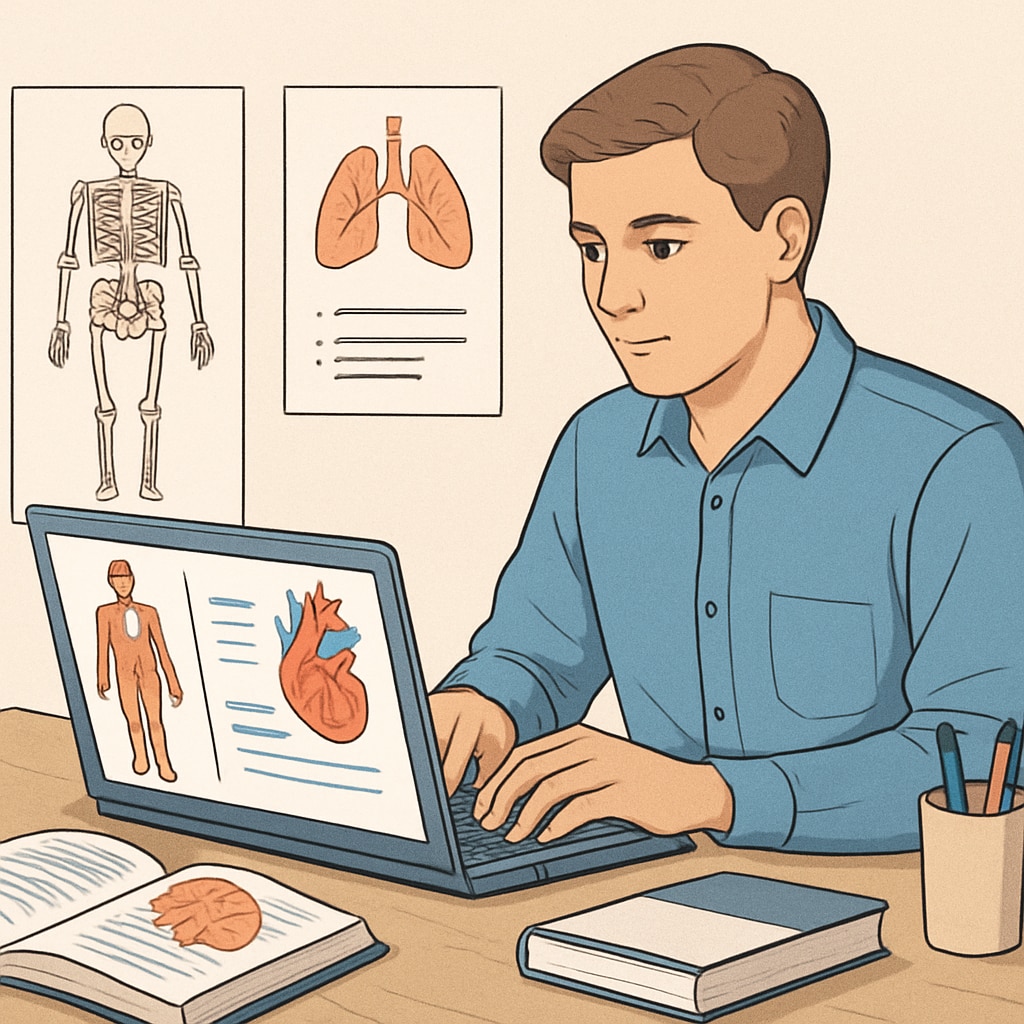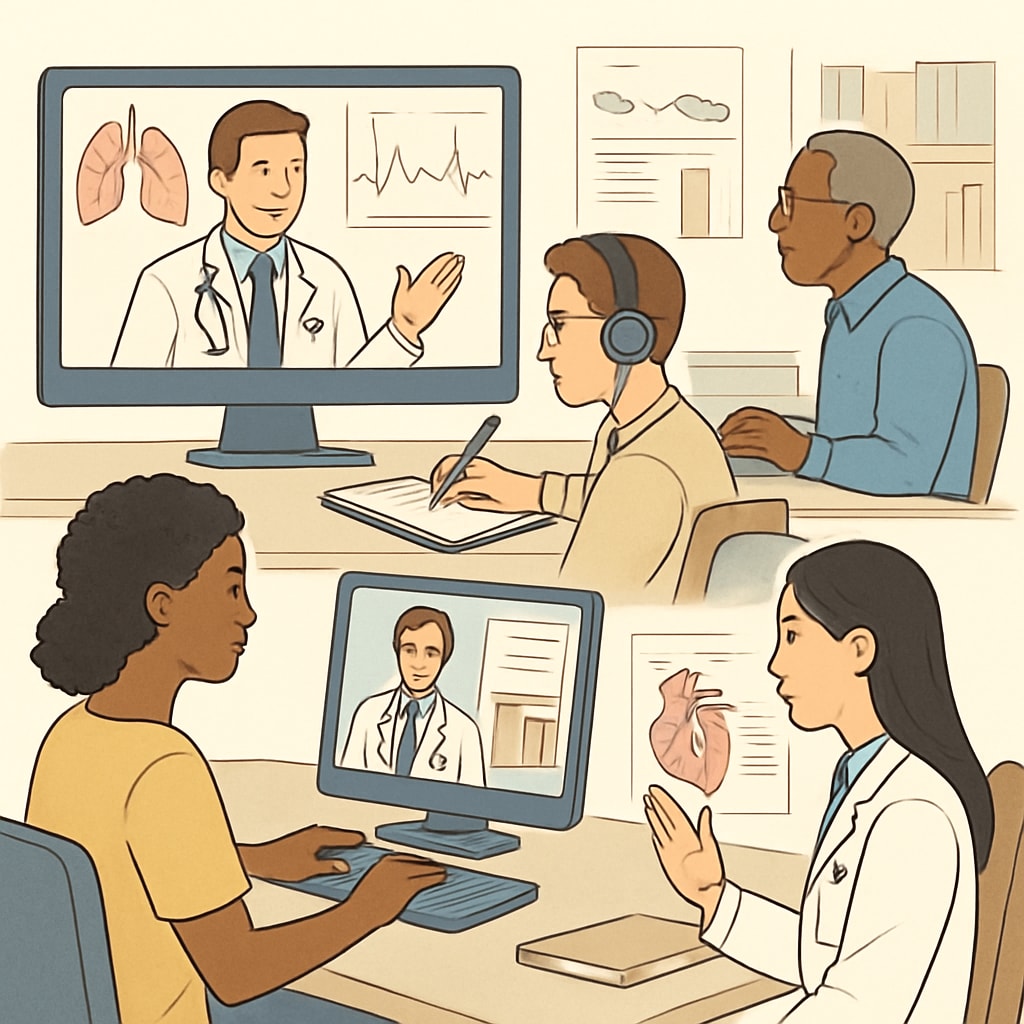Accessing specialized medical knowledge can often seem daunting, particularly for individuals coming from non-medical backgrounds. However, with the rise of accessible medical education resources, including online courses and self-paced programs, the barriers to entry are gradually being dismantled. In this article, we will explore the current landscape of medical education, highlight its challenges for non-medical learners, and provide a structured learning framework to help individuals navigate this complex field effectively.
Why Medical Knowledge Matters Beyond the Profession
Medical knowledge isn’t solely reserved for healthcare professionals. Understanding specific medical concepts can benefit individuals in diverse fields such as technology, research, business, and personal wellness. For example, entrepreneurs entering the health tech industry need to understand medical terminology and procedures. Similarly, researchers collaborating on multi-disciplinary projects involving biology or medicine require foundational knowledge to communicate effectively. This growing demand for cross-disciplinary learning has led to the proliferation of resources tailored to non-medical learners.

Challenges in Accessing Medical Education as a Non-Medical Learner
Despite the availability of resources, non-medical learners face unique challenges when diving into medical education:
- Overwhelming Complexity: Medical jargon and deeply technical material can intimidate beginners.
- Polarized Resources: Medical education resources often fall into two extremes: overly simplified general information or highly specialized content intended for professionals.
- Lack of Structure: Without a guided curriculum, learners may struggle to build a systematic understanding of the subject.
To address these challenges, it is essential to seek resources and strategies that strike a balance between accessibility and depth.
Practical Strategies for Non-Medical Learners
Building a robust framework for learning specialized medical knowledge involves strategic planning and leveraging the right resources. Here are some actionable steps:
- Start with Foundational Knowledge: Begin with introductory courses or materials that focus on basic concepts, such as anatomy, physiology, or medical terminology. Platforms like Khan Academy offer accessible options.
- Utilize Online Courses: Enroll in online programs tailored for non-medical audiences. Websites like Coursera and edX often feature beginner-friendly medical courses.
- Engage with Multimedia Resources: Leverage videos, podcasts, and interactive tools to make complex topics more digestible.
- Join Study Groups or Forums: Collaborative learning environments, such as Reddit’s medical education communities, can provide peer support and additional insights.
- Seek Mentorship: Connecting with professionals in the field can offer guidance and real-world perspectives.

Key Resources for Cross-disciplinary Medical Learning
Here are some platforms and tools designed to support non-medical learners:
- Open Access Journals: Websites like PubMed provide free access to research articles, allowing learners to explore specific medical topics.
- Interactive Apps: Applications like Complete Anatomy and Medscape offer user-friendly interfaces to explore medical concepts interactively.
- Books and Guides: Beginner-friendly books such as “Medical Terminology for Dummies” present simplified explanations of complex topics.
By combining multiple resource types, learners can create a customized and balanced approach to their medical education journey.
Final Thoughts: Bridging the Gap Between Fields
Non-medical learners interested in specialized medical knowledge should not be discouraged by the challenges of navigating this field. With the right strategies and resources, it is entirely possible to build a strong foundation and expand into more advanced topics. As a result, cross-disciplinary knowledge can open doors to new opportunities, foster collaboration, and contribute to innovations that benefit both individuals and society.
Whether you are a researcher, entrepreneur, or simply curious about medicine, the journey toward understanding medical concepts can be empowering and deeply rewarding.


